Community / Economic Development

After the Fires: Challenges and Efforts to Heal LA’s Parks and Trails
The recent LA wildfires have devastated parks and trails, with recovery efforts requiring extended closures, collaborative restoration plans, and community support to address extensive damage and long-term risks like landslides.
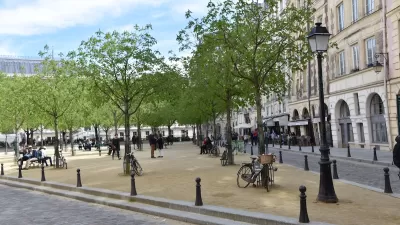
Lost and Found: Fighting Loneliness With Parks and Third Places
To combat the epidemic of loneliness, Susan Henderson's evocative photos of “third places” reflect on how these spaces have evolved and their importance in fostering connection.

Wildfires Devastate LA Outdoor Education Spaces and Schools
The current Los Angeles wildfires have destroyed schools and outdoor education spaces like Eaton Canyon, displacing families and disrupting vital learning and community resources while highlighting the region’s vulnerability to natural disasters.

Healing Together: LA County Offers Care Camps for Families Impacted by Fires
Los Angeles County Parks has launched free emergency care camps at four locations to support wildfire-affected youth and families with meals, activities, and emotional well-being resources while parents focus on recovery.

Urban Forest Initiative Launched in Phoenix to Combat Extreme Heat
Arizona State University's $5 million Greater Phoenix Urban Forestry Accelerator aims to combat record-breaking heat, improve shade coverage, and create green job pathways in underserved neighborhoods.

Rebuilding After Disaster: The Role of Social Connections in Resilience
Dr. Lucy Jones emphasizes that resilience in the face of climate-driven disasters like wildfires relies on building strong social connections, which empower communities to recover and adapt to an increasingly challenging future.
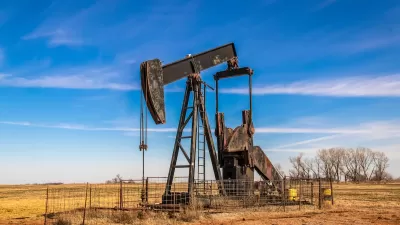
How an Environmental Liability Tax Could Solve the Orphan Well Crisis
An Environmental Liability Tax (ELT) on oil extraction would fund orphaned well cleanup, shift financial responsibility to oil companies, and address the environmental and public health risks posed by abandoned wells.
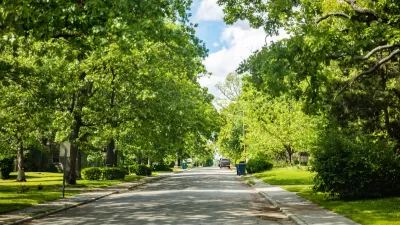
How AI Is Revolutionizing Urban Forestry and Climate Resilience
Tree-D Fusion, an AI-driven tool developed by MIT and Purdue researchers, generates 3D models of urban trees to help city planners visualize future green spaces, address climate challenges, and enhance urban livability and sustainability.

Key Climate and Health Issues to Watch in 2025
The escalating health impacts of climate change, from extreme heat to sea level rise, highlight the urgent need for integrated medical education, proactive communication, and sustainable policy solutions to protect public health.
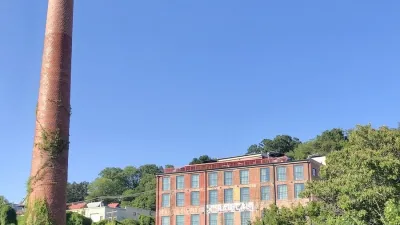
Post-Helene Reflections on Solastalgia and Community
Solastalgia is an increasingly relevant word that refers to the homesickness one feels when still at home, caused by distress due to environmental change in one’s home environment – for example, after a hurricane or wildfire.
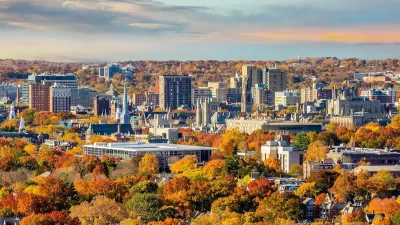
New Haven Reaches for Reinvention Amidst Failures of Urban Renewal
Seeking recovery from decades of failed urban renewal projects, New Haven rings in the new year by continuing a series of small-scale urban planning initiatives to reinvent its municipal spaces.
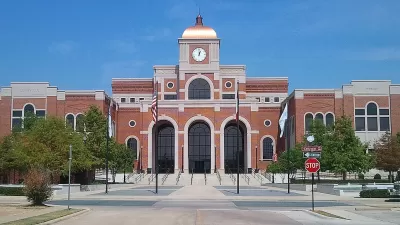
Transforming Communities Through Parks: Lessons from Lewisville
Lewisville, Texas, demonstrates how equitable planning and community-driven efforts can transform underserved areas by enhancing park access and promoting social and recreational equity.
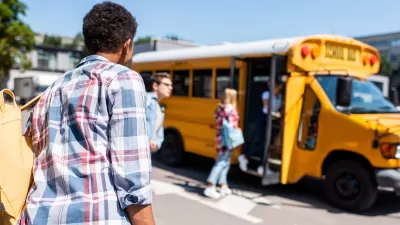
A Better Way to Plan School Facilities
Taking a wider view of communities could help keep schools open despite falling enrollment.
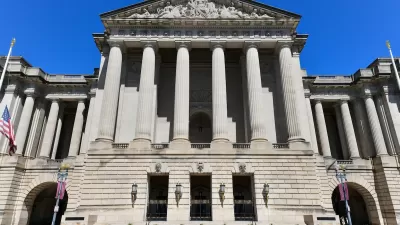
Advancing the National Asian Pacific American Museum
Supporters are mobilizing, fundraising, and facilitating the creation of a compelling Congressional report to secure authorization for a Smithsonian museum that represents and preserves the diverse histories and cultures of Asian Pacific Americans.
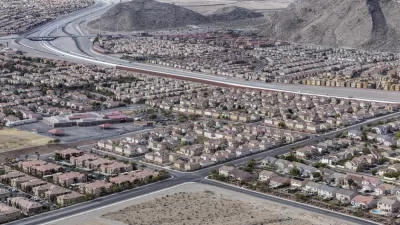
Research: Sprawl Linked to Poverty
Low-income families living in high-sprawl neighborhoods are limited in their access to education, jobs, and other amenities, often trapping them in a cycle of poverty.
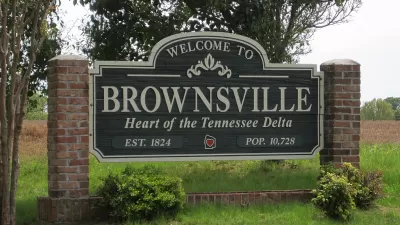
Appreciating Rural Cultural Resources
A focus on ‘placemaking’ too often obscures or exploits local culture and history.

Opinion: Congress Should Expand the Opportunity Zone Program
The federal economic development program has brought over $100 billion in private investment to revitalize struggling communities.
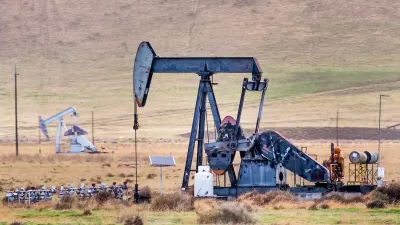
Certified Carbon Credits for Orphan Well Remediation
The Well Done Foundation has launched 778,000 certified carbon credits to fund the plugging of orphaned oil and gas wells, reducing methane emissions while offering businesses and individuals a way to offset their carbon footprints.
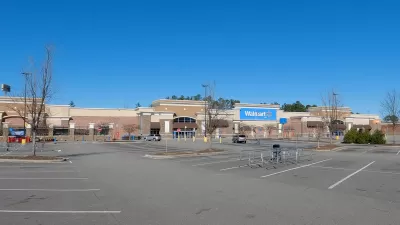
How Smaller Supermarkets Could Transform American Communities
Bigger is not always better.
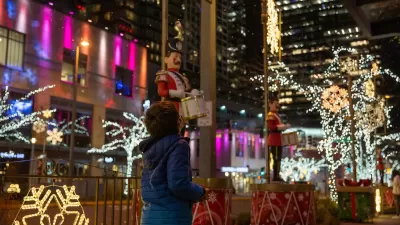
December Must-Reads: Top 10 Articles From Last Month
Making room for more housing, fixing broken sidewalks, and our favorite books of the year.
Pagination
Urban Design for Planners 1: Software Tools
This six-course series explores essential urban design concepts using open source software and equips planners with the tools they need to participate fully in the urban design process.
Planning for Universal Design
Learn the tools for implementing Universal Design in planning regulations.
Smith Gee Studio
City of Charlotte
City of Camden Redevelopment Agency
City of Astoria
Transportation Research & Education Center (TREC) at Portland State University
US High Speed Rail Association
City of Camden Redevelopment Agency
Municipality of Princeton (NJ)


































